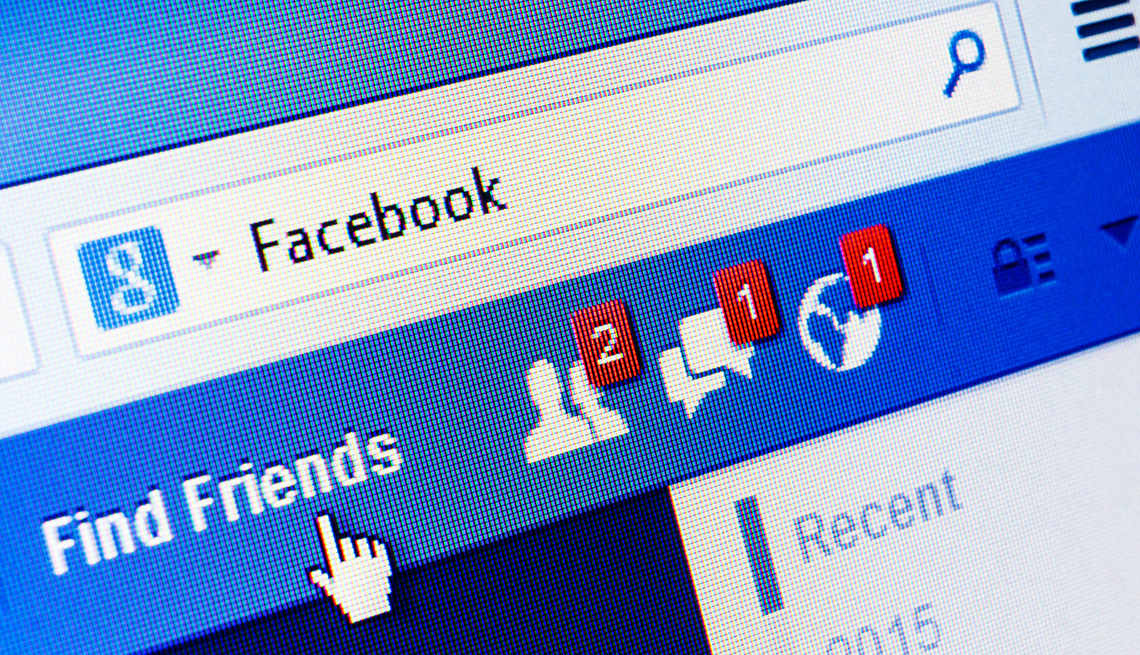Facebook messenger service used to scam consumers
- Select a language for the TTS:
- UK English Female
- UK English Male
- US English Female
- US English Male
- Australian Female
- Australian Male
- Language selected: (auto detect) - EN

Play all audios:

Lee got in touch with the Los Angeles FBI office, which sent her to an online fraud form. Then she called AARP. "If I had read my AARP a little quicker I might have not fallen for it.
And I should know better,” she says. “I got over it pretty quick because I knew I was scammed. I just kept my mouth shut and only told three people because I'm too embarrassed. And I
know they'd be going, ‘Linda, come on, really? You're an idiot.’ “ Lee says some of the responsibility should be placed on retailers to warn people at the store of the potential
costs of putting such high dollar amounts on these cards. Scammers warn their victims not to tell anyone, including cashiers, why they are buying the cards. Gift cards are the “currency of
fraud,” says Nofziger. “Anybody that asks you to pay in a gift card for any of these things is a scam." In response to Lee's experience, a Facebook spokesperson told AARP,
“We've invested heavily in strengthening our technology to keep scammers off Facebook and remove these accounts when we discover them.…We encourage people to not accept suspicious
requests and to report suspicious messages to us right away so we can take action." The platform says that it “works with law enforcement, including the FBI, to help find and prosecute
the scammers who conduct these activities." Since Lee's experience ended, she has received numerous calls and voicemails from unfamiliar numbers. “The person she sent the iTunes
gift cards to, in their mind, they feel like they could victimize her again,” Nofziger says. “We do know that selling lead lists is big business in the scam world." Adults in the U.S.
age 50 and older use Facebook more than any other social media platform. The share of older Americans who use it has more than doubled since August 2012, according to the Pew Research
Center. As of June 2019, Facebook had 2.41 billion monthly active users, 5 percent of those being fake accounts, according to the social media site. Facebook says it blocks “millions of
attempts to create fake accounts every day."